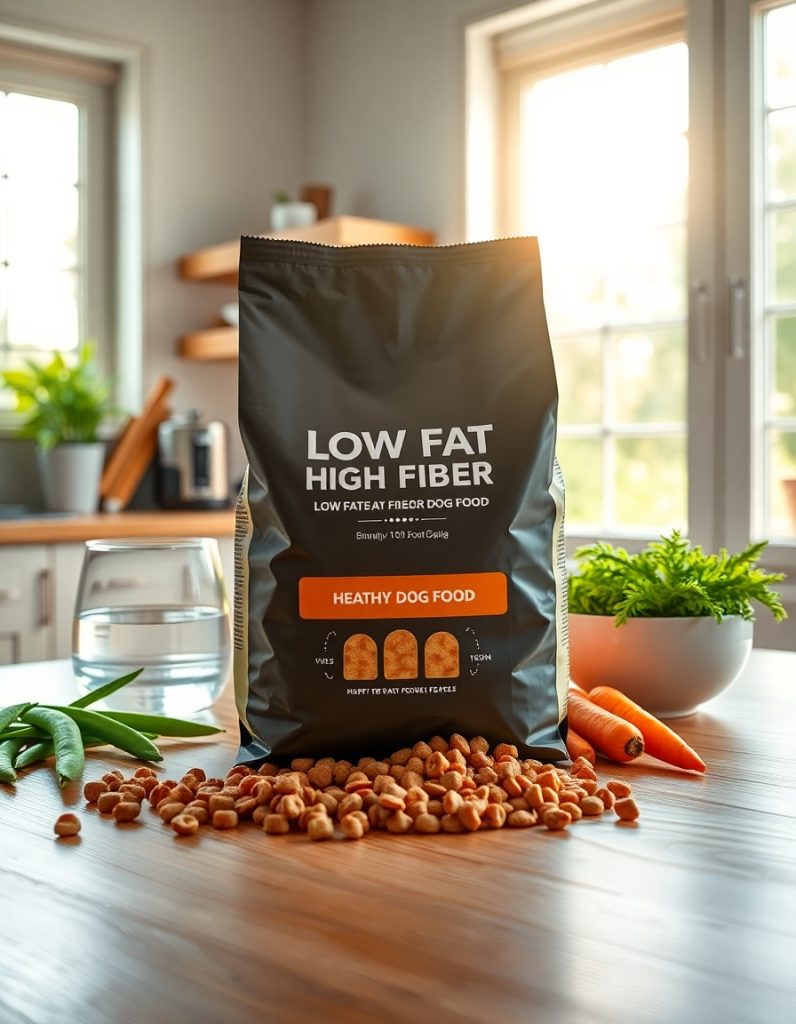Low Fat Diet Pros and Cons: What You Need to Know

Choosing the right diet can feel like walking through a maze blindfolded. Among popular options, a low fat diet often stands out as a go-to choice for those aiming to shed pounds or improve heart health. But, like most things in life, there’s no perfect answer. While a low fat diet can offer some benefits, it also comes with a few drawbacks. Understanding the low fat diet pros and cons will help you make smarter choices about your eating habits without feeling overwhelmed or confused.
What is a Low Fat Diet?
A low fat diet focuses on reducing the amount of fat consumed daily. Typically, it means that less than 30% of your total calories come from fat. Most versions encourage eating plenty of fruits, vegetables, whole grains, and lean proteins while cutting down on fatty cuts of meat, full-fat dairy, and fried foods.
Years ago, people thought fat was the main villain behind obesity and heart disease. This led to many low fat products flooding grocery stores. But science has since revealed a more complicated story. Still, many people find value in trimming fat intake for various health goals.
Low Fat Diet Pros and Cons
Pros of a Low Fat Diet
- Heart Health Improvement: Lowering fat, especially saturated and trans fats, can reduce bad cholesterol (LDL) levels. This helps protect your heart and arteries from damage.
- Easier to Reduce Calories: Fat has more than twice the calories per gram compared to protein or carbs. Cutting fat can automatically lower calorie intake, aiding weight loss.
- Promotes Eating Whole Foods: Low fat eating often encourages more fruits, vegetables, and grains, which supply important nutrients and fiber.
- May Help Control Blood Sugar: Some research shows low fat diets can improve insulin sensitivity, which is helpful for people with or at risk for type 2 diabetes.
- Less Risk of Certain Cancers: Studies have linked high fat intake to increased risk of cancers such as breast and colon, though more research is needed.
Cons of a Low Fat Diet
- May Cause Nutrient Deficiencies: Fat is essential to absorb vitamins A, D, E, and K. Cutting fat too low may leave you missing out on these vital nutrients.
- Sometimes Leads to More Sugar Intake: To compensate for flavor loss, low fat foods can contain extra sugar or refined carbs, which defeats the purpose of healthy eating.
- Fat is Important for Satiety: Eating too little fat can leave you feeling hungry faster, causing overeating later.
- Not All Fats Are Bad: Healthy fats from nuts, seeds, avocados, and fish support brain function and hormone production. Avoiding them completely isn’t wise.
- May Affect Hormones and Mood: Fat influences hormone balance, including those that regulate mood. Extremely low fat diets can cause irritability or fatigue.
Balancing the Low Fat Diet Pros and Cons
Instead of thinking “all fat is bad,” focus on quality and quantity. Replacing saturated fats with unsaturated options is a smart move. For example, swap butter for olive oil or fatty fish instead of processed meats. Also, watch out for sneaky sugars lurking in “low fat” labeled products.
Here is a quick comparison table that outlines essential points to consider:
| Aspect | Benefits | Drawbacks |
|---|---|---|
| Heart Health | Lower LDL cholesterol and reduced heart disease risk | Cutting fats too much can reduce good HDL cholesterol |
| Weight Loss | Lower calorie intake helps shed pounds | Hunger may increase; risk of overeating carbs/sugar |
| Nutrient Absorption | Moderate fat intake supports vitamin absorption | Very low fat intake can cause deficiencies |
| Food Choices | Encourages fruits, veggies, whole grains | May lead to processed “low fat” product consumption |
Tips to Make a Low Fat Diet Work for You
- Choose Healthy Fats: Incorporate sources like avocado, nuts, seeds, and fatty fish—these provide essential fatty acids.
- Read Labels Carefully: Watch for added sugars and refined carbs in low fat foods.
- Eat Whole Foods: Stick to natural foods rather than packaged meals to keep your diet balanced.
- Don’t Fear Fat Completely: Some fat is necessary for energy, brain health, and hormone production.
- Watch Portion Sizes: Keeping an eye on portions can help prevent overeating of both fat and carbs.
Some people find creative ways to lose weight and improve their health on a low fat diet. For example, including beans like red kidney beans can boost fiber and protein while keeping fat low. If you want an easy way to lose belly fat with red kidney beans, this might be worth exploring.
Who Should Avoid a Strict Low Fat Diet?
The low fat diet pros and cons might not apply the same way to everyone. Some groups should be cautious:
- People with Certain Medical Conditions: Those with fat malabsorption or specific enzyme disorders need medical advice before cutting fats.
- Individuals with High Energy Needs: Athletes or very active people might struggle to meet their calorie demands on low fat plans alone.
- Those with Mood Disorders: Since fats affect hormone regulation, very low fat intake might worsen symptoms.
- Anyone Feeling Constantly Hungry: If a low fat diet leaves you unsatisfied, it’s probably not sustainable and needs adjusting.
Summary Table: Low Fat Diet Pros and Cons
| Pros | Cons |
|---|---|
| Improves heart health by lowering bad cholesterol | May reduce absorption of fat-soluble vitamins |
| Helps reduce calorie intake for weight loss | Can cause increased hunger due to lack of fat’s satiety |
| Encourages eating more fruits, vegetables, whole grains | Risk of consuming added sugars in low fat products |
| May improve blood sugar control for some | Not all fats are “bad”—cutting good fats can be harmful |
Conclusion
The low fat diet pros and cons show that this approach can be helpful for many, especially for heart health and weight management. However, cutting fat too much or without care might lead to nutrient gaps, hunger, and mood issues. A balanced approach that focuses on healthy fats, whole foods, and mindful eating can provide the utmost benefits without sacrificing taste or satisfaction. Remember, your diet should fit your lifestyle and preferences to stick in the long run. So, don’t be afraid to listen to your body and adjust accordingly while enjoying the journey to better health.







